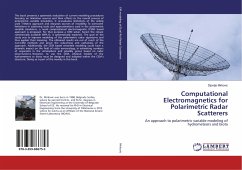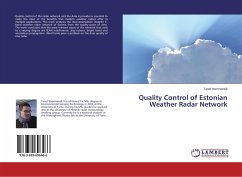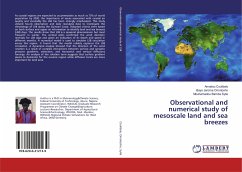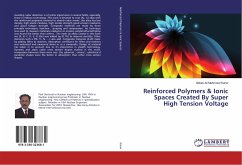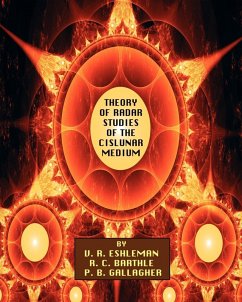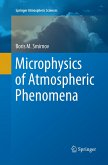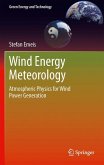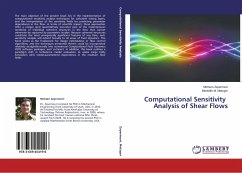This book presents a systematic evaluation of current modeling procedures focusing on limitation sources and their effects to the overall process of polarimetric variable simulation. It re-evaluates limitations of the widely used T-Matrix approach and discusses sources of instability. To overcome limitations in scattering tools and approximations used in the polarimetric variable simulators, a novel computational electromagnetic (CEM) based approach is proposed. For that purpose a CEM solver, herein the robust commercially available WIPL-D, is systematically explored. The goal of the study was to improve modeling of the polarimetric radar signatures and thus explain their meaning. The obtained results are out of reach of the non-CEM methods and prove the robustness and usefulness of the approach. Additionally, the CEM based ensemble modeling could have a dramatic impact on the field of radar aeroecology, in estimating numbers of organisms in the atmosphere and possibly genus based on radar observations. However, to use the CEM, physical models of the hydrometeors or biota must be designed and adapted within the CEM's structure. Doing so is part of the novelty in this book.
Bitte wählen Sie Ihr Anliegen aus.
Rechnungen
Retourenschein anfordern
Bestellstatus
Storno

